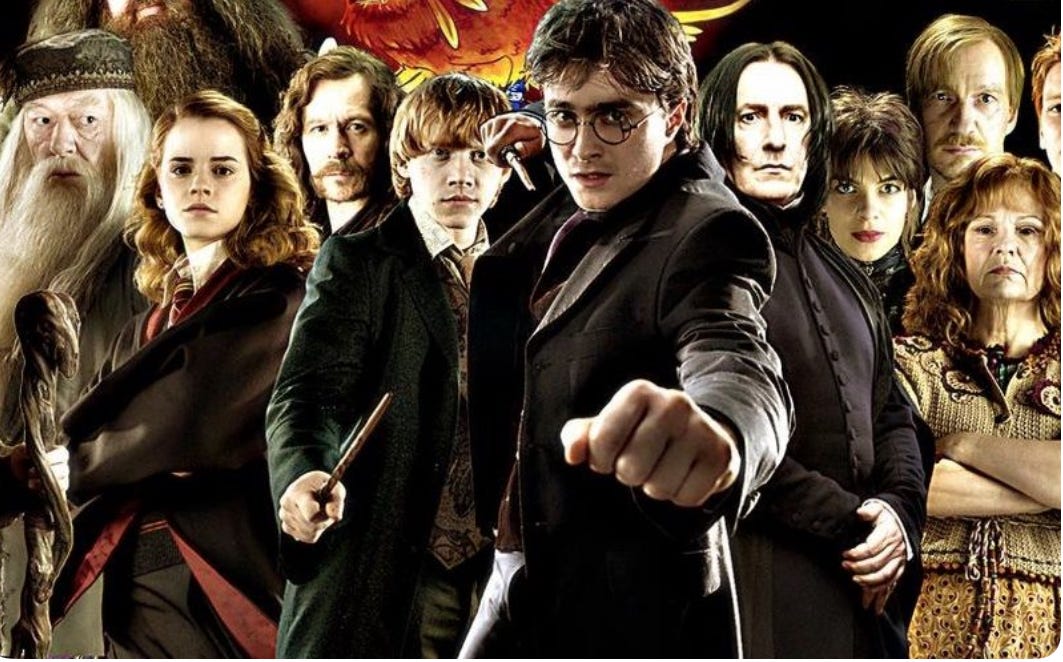Small Groups: The Way We Win
A Future Without The Nation State
There is one and only one proven organizational model that allows small voluntary movements outside the mainstream to grow and expand exponentially while taking care of the needs of their members.
Christianity was against the law in the first three centuries of its existence. It had no church buildings, its members were arrested and martyred, and its property was confiscated. By the 4th century AD Christianity was the largest religion in the Roman Empire and soon thereafter Christianity became the official religion of Rome.
Throughout the 19th century socialism was outlawed in most of Europe and many thousands of socialists were imprisoned and killed. By the end of World War II a third of the inhabitants of the world (including the USA) lived in socialist countries, and one might say that socialist ideas continue to be the predominate political and economic philosophy in most countries around the world.
The basic organizational structure of both early Christianity and Socialism, and the basic organizational structure of all humanity prior to the creation of cities, was the small group.
Small groups are flexible, powerful organizations that have the ability to duplicate themselves while at the same time building lifetime relationships. The individuals in small groups help each other, share responsibility, invite new members, and grow their skills and abilities in an environment of trust.
Some will say that small groups have no leaders. Certainly the most effective groups are not hierarchical, and practice consensual decision making. But, the truth is small groups strongly encourage and ultimately require every member to be a leader. Every small group, if successful, will divide and form two or more groups, and this process of growth and multiplication will continue ad infinitum, so more capable leaders are always needed.
Small groups have the ability to federate with one another for purposes where larger numbers of people acting together are beneficial, but the small groups, and their individual members, remain autonomous.
For those of us who envision a future where there are no coercive nation states and what governance that remains is local, decentralized and voluntary, our network of small groups is both our secret weapon to achieve our ultimate goal, as well as the way we daily practice the lifestyle all humanity originally followed. If there is to be civilization in the future, it will be patterned around networks of small voluntary groups of individuals. This is what we believe and hope for, and therefore this is how we live.





I agree with this. What ways does Organarchy recommend for forming small anarchy groups? What do the small groups do?